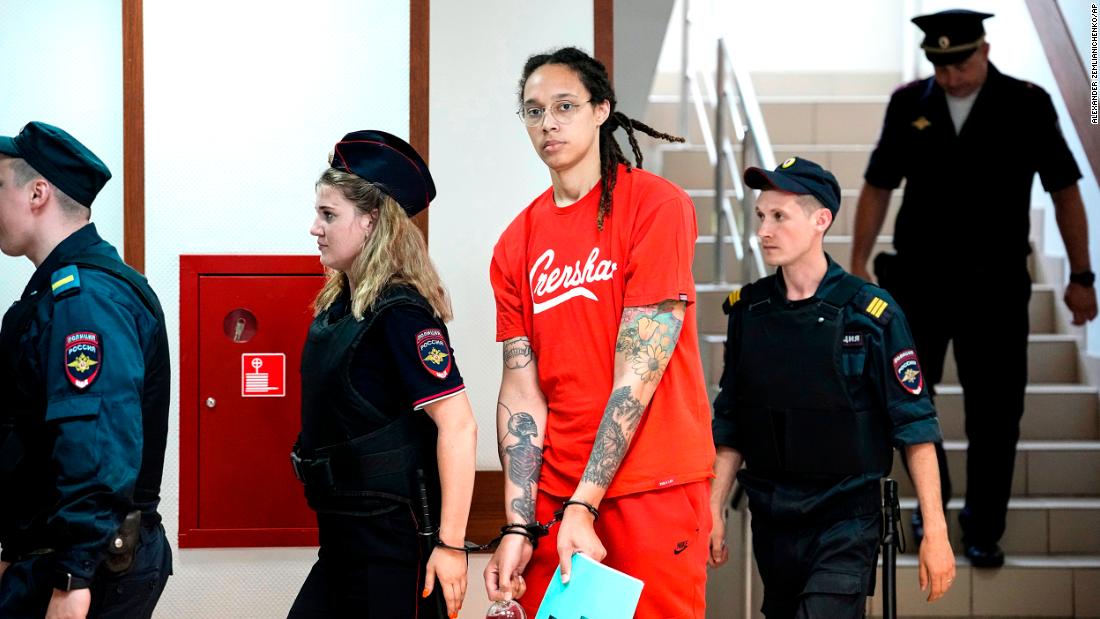
They were Francis Gary Powers, the American pilot of a spy plane shot down over the USSR, and Soviet KGB colonel Rudolph Abel, who had served five years in the US on espionage charges.
In relations with Russia, as with Iran and North Korea, American citizens who are not spies have been arrested and held as political “hostages,” bargaining chips to be exchanged for citizens those countries want back.
Butina served her time and was released and deported back to Russia in 2019; Whelan still is confined to a penal colony in a remote region of Russia. The US has officially declared him “wrongfully detained.” There has been no trade and Russia claims his detention is not political.
But on Tuesday, Whelan’s family described in a statement how third-party representatives like Richardson can both “help and hinder a possible resolution of a detainee’s case.”
Such representatives “are not able to offer or agree to the concessions that are at the heart of the ongoing detention,” said the Whelan family in a statement to CNN, adding that “since they operate outside of any government, they may not be aware of discussions that are already underway between the US government and the hostage-taking nation.”
The prisoner swap calculus
With her star quality, Griner would be a valuable asset if Putin did want a prisoner exchange, something Moscow has indicated might be a possibility. The Kremlin insists, however, she is not a hostage, that the case is being handled strictly according to Russian criminal law.
And yet, experts in hostage-taking issues warn that trading a basketball star arrested with a minuscule amount of hashish oil could result in more Americans being unjustly arrested and used as hostages for future swaps.
Under normal circumstances, prisoner exchanges are sensitive and delicate issues, usually best negotiated out of the glare of cameras. The case of Brittney Griner is anything but quiet and relations between Russia and the US, in the midst of Russia’s war against Ukraine, are extremely tense.
Last week Griner pleaded guilty to the drug trafficking charge, telling the judge: “But there was no intent. I didn’t want to break the law.” That admission could help resolve the case, legal experts believe.
But this highly politicized trial is being decided in the glare of cameras and public outcry, amidst a crisis in diplomatic relations.
Russian officials say that any prisoner exchange would happen only after the verdict is announced. But this time, there is no “Bridge of Spies,” and the United States and Russia are locked in a new Cold War.
